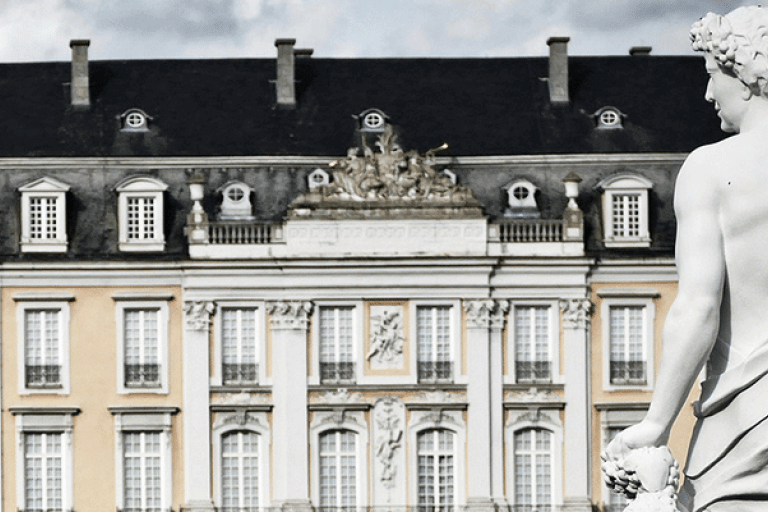
SmartCulTour
In an era where sustainability and resilience are becoming increasingly critical, the SmartCulTour project focuses on redefining cultural tourism to align with these values. This project aims to enhance cultural tourism destinations by integrating sustainable development principles and fostering community resilience.
What was the goal of this research?
The goal of the SmartCulTour project was to develop and test new definitions and frameworks for sustainable cultural tourism. This included creating innovative tools for measuring and monitoring the impacts of cultural tourism and developing strategies to promote sustainable practices and resilience in cultural tourism destinations.
What method was employed?
The project employed several methods to achieve its objectives:
- Concept Development: New definitions of sustainable cultural tourism, cultural tourism destinations, sustainable development, and resilience were created.
- Measurement Framework: A framework of sustainability and resilience indicators was identified and tested, along with a Decision Support System for monitoring cultural tourism impacts.
- Innovative Tools: The project tested and presented various innovative and creative tools for stakeholder engagement, including art-based methods, a serious game, and service design.
- Case Studies and Living Labs: State-of-the-art and innovative cultural tourism interventions were recognized through existing case studies. Specific interventions were trialed within six community-led Living Labs to gauge their effectiveness.
What findings did we uncover?
The SmartCulTour project uncovered significant insights into sustainable cultural tourism. The new definitions and frameworks developed provided a clearer understanding of how to integrate sustainability and resilience into cultural tourism. The measurement framework and Decision Support System proved effective in monitoring the impacts of cultural tourism, offering valuable data for future improvements. The innovative tools for stakeholder engagement successfully fostered collaboration and creativity, while the interventions trialed in the Living Labs demonstrated practical applications of sustainable practices. These findings offer a comprehensive approach to enhancing cultural tourism destinations in a sustainable and resilient manner.
What is the timeline of this project?
2020 – 2023
Who are our main collaborating partners?
KU Leuven (Belgium), University of Split (Croatia), University of Lapland (Finland), MODUL University Vienna (Austria), Ca’Foscari Università di Venezia (Italy), UNESCO (France), CIHEAM (Spain), Toerisme Vlaanderen (Belgium) and Quantitas (Italy).
Who is our funding partner?

Want to read more?
Interested in this project or other publications?
BUas uses Pure for all research publications; the up-to-date overview of all BUas knowledge output.
